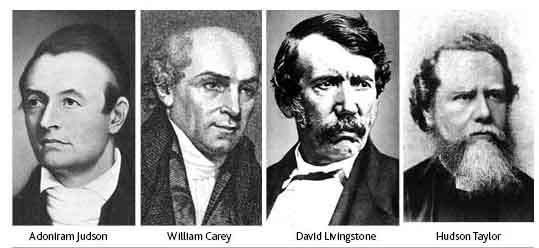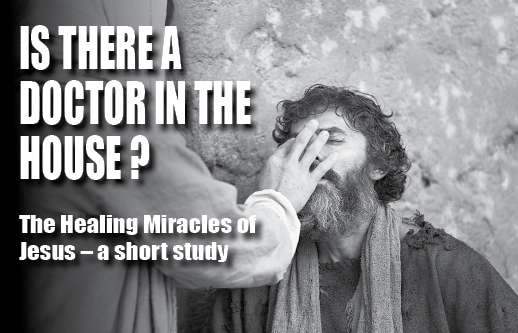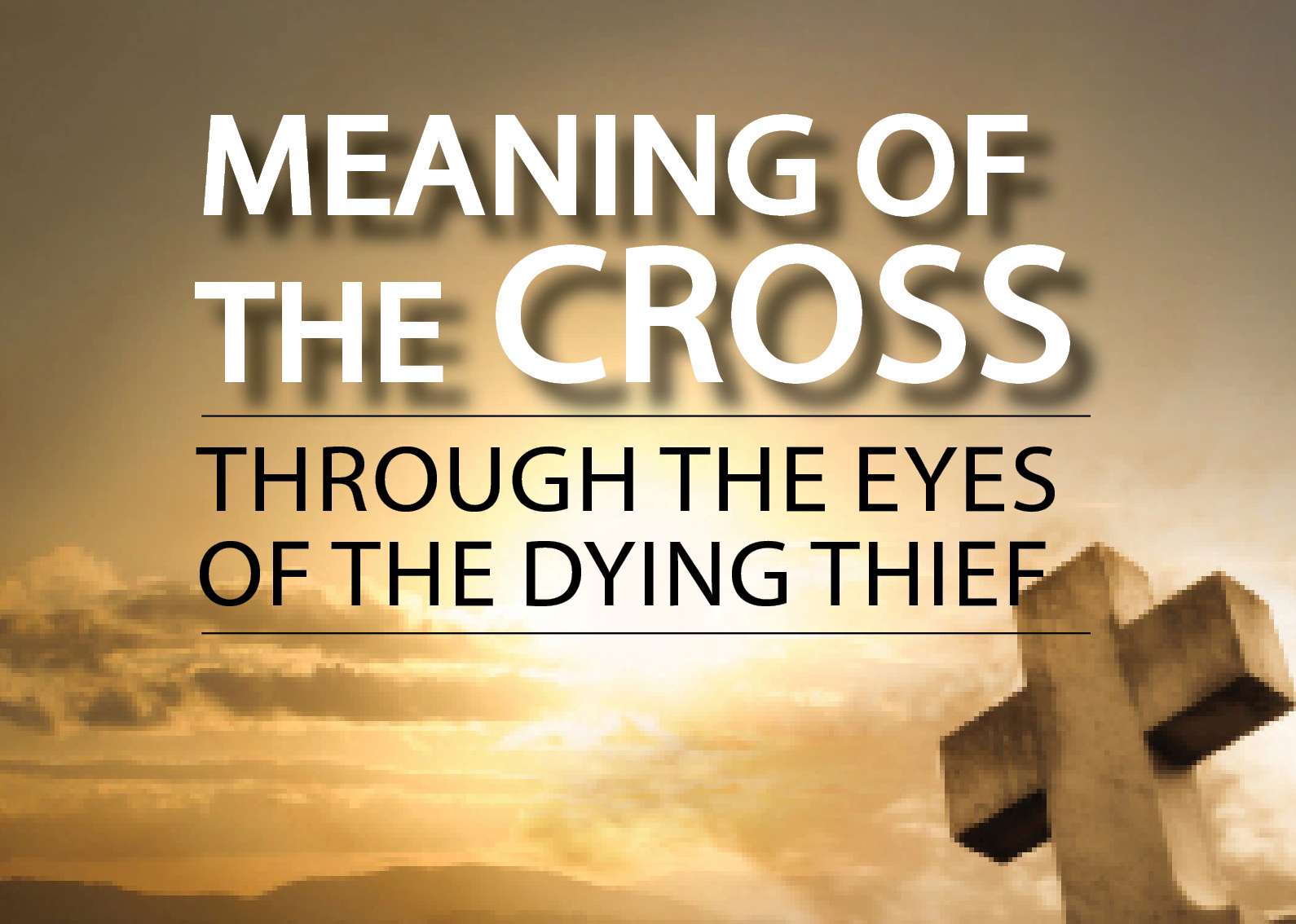

The Apostolic Gift
Dr. Kris A. Jackson
Arthur T. Pierson called Paul’s letter to the Ephesians “Paul’s third heaven epistle”, because it carries its readers into heavenly places in Christ. Through the work of the cross and the resurrection Christ purchased the gifts of the Spirit. Quoting from Psalm 68:18, Paul equates David’s triumph in battle with Christ’s victory over death and the grave – “When He ascended on high, He led captivity captive, and gave gifts to men” (Ephesians 4:8). From His seated position“far above all principality and power”, Jesus, the chief Administrator of the church, “gave some to be” apostles, prophets, evangelists, pastors and teachers (Ephesians 4:11). He officiates over His body ordaining vessels who become the extension of His hand. As there are five fingers on the human hand there are five facets of the ministry operative throughout the Church Age. Gifts are revelations of mercy. If someone is a gifted speaker or has some special anointing on his life, it is not something that person earned. These are grace gifts. Whether chief apostle or assistant janitor, whatever one’s commission is in life, there is nothing in which to boast or of which to be ashamed (1 Corinthians 4:7). Each gift is as the awarded crowns that will be cast in return at the feet of Jesus. And they are unity gifts, operating for the cohesion of the Body and pleasure of the Head, not for any benefit of those through which the gifts function. It is ridiculous to boast of “my ministry” when it was given by sovereign grace and when it is supposed to serve totally for the Body’s sake.
The Lord of the church knows each individual need of the church and provides particular gifts to meet those needs – “And I will give you pastors, according to my heart, who will feed you with knowledge and understanding” (Jeremiah 3:15). “I will give you” – it is the filling of a deficiency in the Body. He sends the right prophetic word at the fitting time. He raises up apostolic leaders to chart the course and grants special teachers keen insight into the Word so the Body can receive edification. The gifts are plural but their goal is one. Gifted individuals complete each other, not compete with each other.
This fivefold structure constitutes “the hand of the Lord”. A hand functions for the outward expression of an inward intention. The fivefold hand is an extension of the Body of Christ.Apostles, prophets and etc. are not independent of the Body, rather the Body carries, supports and empowersthe various forms of ministry.
The apostle is like the thumb, inasmuch as the thumb can span to touch every other finger. Apostolic ministry equips and edifies all other ministries. The thumb can “scratch” every other fingertip. The apostle governs. The prophet is much like the index finger that points direction. As the apostle governs, the prophet guides. He can point the way because the Holy Spirit has given him glimpses of the divine pattern in advance.The middle finger standing tall and prominent pictures the evangelist, “holding forth the Word of life”. The evangelist gathers. The pastor then is symbolized by what in Western culture is the ring finger, eternally married to the church in a covenant of love and faithfulness. The fourth finger may appear eclipsed by the tall middle finger but it is in no way inferior. In a way, that finger seeks to decrease that the others may increase, which is the true spirit of a pastor. The pastor guards. Finally, note the little “pinkie”. The smallest finger represents the ministry of teacher, the importance of which has become very evident to anyone who has lost that finger. It seems so small and insignificant yet it is the key to balance for the rest of the hand. Beautiful guitar and piano notes are added by the stretch of that fifth finger. The teacher grounds.
The effectiveness of any hand is in its uncanny ability to work together in perfect oneness. Each finger instantly aids the others. It is inconceivable that one finger would gloat over another. They harmonize in playing musical instruments, add strength when gripping a baseball bat or lifting a water pail, they join together in a welcoming handshake and become one in navigating a steering wheel. The involuntary component in the fingers comes from the unity of their nerve structure. The nerve network in the hands is more complex than anywhere else in the body, as should be the relational interconnectedness of all fivefold ministries. All receive orders from the same Head.
One comic strip humorously reveals the power of unity – “These five fingers”, says Lucy of the Peanuts newspaper comic, “Individually they’re nothing but when I curl them together like this into a single unit, they form a weapon that is terrible to behold”. The fivefold ministry in unity has an even more powerful punch.
Let us consider the first of these five fingers, the apostle.
He gave some to be “apostles”. Named first, apostleship is of highest rank in God’s heaven/earth government – “first apostles, second prophets…” (1 Corinthians 12:28). The Greek is apostolous. Note the plurals used in all these gifts. No man is “the” pastor, “the” evangelist or “the” man of God. There is only One who is “the” of anything. Jesus is “the Apostle and High Priest of our confession” (Hebrews 3:1). All others are associates, plural members under a singular Headship. Paul claimed to be “an” apostle of Jesus Christ, just one of many.
In its simplest definition, an apostellois a sent one; apo – out or away from, and stello from stemei– a stance or stem, speaking of divine placement. So he is sent out from a position of strength or a place of high standing, an authoritative delegate. That an apostle is “sent” implies a specific task or specific message for a specific people. All ministries have been sent by the Lord but apostolic ministry implies a defined mission and assignment. An apostle goes into a setting and lays groundwork, foundation and governmental order where it is lacking.
The natural mind views leadership in terms of how many are “under” the person bearing the title. It draws flow charts and demands strict obedience to protocol, all patterned after the world system. Jesus said, “But not so among you; on the contrary he who is greatest among you, let him be as the younger, and he who governs as he who serves” (Luke 22:27). Being “foundation” ministry, it is not a question of how many people are in the down-line, “under” the apostle, but how many are standing on his shoulders. True leadership lifts, not lords.
There were the original disciples, “the twelve”, declared apostles because of personal communion with Jesus. But others were designated apostles: Matthias who filled Judas Iscariot’s vacancy (Acts 1:26), James, Jesus’ half-brother (Galatians 1:19), Barnabas and Paul (Acts 14:14) and Andronicus and Junia mentioned as being of note “among the apostles” (Romans 16:7). The Ephesians were commended for being discerning in regard to those who claimed to be apostles and were found to be liars (Revelation 2:2). So there obviously were others who rightly filled that office, as well as those seeking power and position who were “false apostles” (2 Corinthians 11:13).
The apostolic office was not done away with after the first century as many teach because apostleship has been “set” or “appointed in the church” (1 Corinthians 12:28) making it is as vital as any other gifting. Through Christ “we have received grace and apostleship for obedience to the faith…” (Romans 1:5) Of course, no current “apostle” bears the authority of the original messengers. No matter how great the inspiration of today’s speakers or writers, modern words cannot be considered “scripture”, as were the inspired and canonized writings of the First Century witnesses. The foundation is laid once for all and cannot be added to.
There are those however who walk in a level of authority that can be deemed “apostolic”. Like the thumb alluded to, they have the ability to pioneer church bodies, govern, establish and break through principalities and powers in regions needing the gospel. Such a person is a preacher’s preacher, an inspirer of the other fingers.
The office is not by human appointment or election – “Paul an apostle (not from men nor through man, but through Jesus Christ…” (Galatians 1:1) The obvious problem, of course is, who designates a person as being an apostle? His calling is “not from men” but to be accepted by men he has to be proven over the years by men, not just claim the title. And that becomes a corporate church judgment just as in any other ministry. Though the term “apostle”in the singular appears nineteen times in the New Testament, while the term “evangelist” only appears twice and “pastors” only appears once and that in the plural, one might be tempted to think that one ministry is prioritized over another, which is not true. God places the gifts within the Body according as He wills. One does not choose the ministry gift, the gift chooses him. It is comical that ministers of high repute bandy titles such as Apostle, Bishop, Doctor and so on but never use the more humble appellations of Evangelist, Pastor or Teacher.
The office gift of apostle is primarily foundational and governmental. The apostle is not necessarily a great preacher. Some charged that Paul’s speech was “contemptible” (2 Corinthians 10:10). A cursory glance at the content of his epistles disproves that charge; however, apostleship does not require great oratory. The church is “built on the foundation of apostles and prophets” (Ephesians 2:20). The leadership pyramid is upside down. Houses are erected from the ground up. The loftier expressions of ministry are decorative and come along later but what is important in building a lasting building is the level and stability of the foundation. As a reward for their foundational work, the foundations of New Jerusalem will bear the names of the Twelve apostles of the Lamb, because their labor was in laying the groundwork for all that was to come. Apostleship then is pioneer ministry. An apostle goes into uncharted territory and digs out a work for God, disciplines, dignifies and directs that work then uses it as a platform to launch other works. Whenever a new, valid work of the Spirit originates or is fathered through an individual, that work is basically “apostolic”. Being birthed by the Spirit the individual’s leadership carries special backing, anointing and influence by the Spirit, to be able to complete the vision.
Apostleship is missionary because it is first visionary – the degree to which the reader walks in those two qualities are determining factors as to any apostolic calling.




































